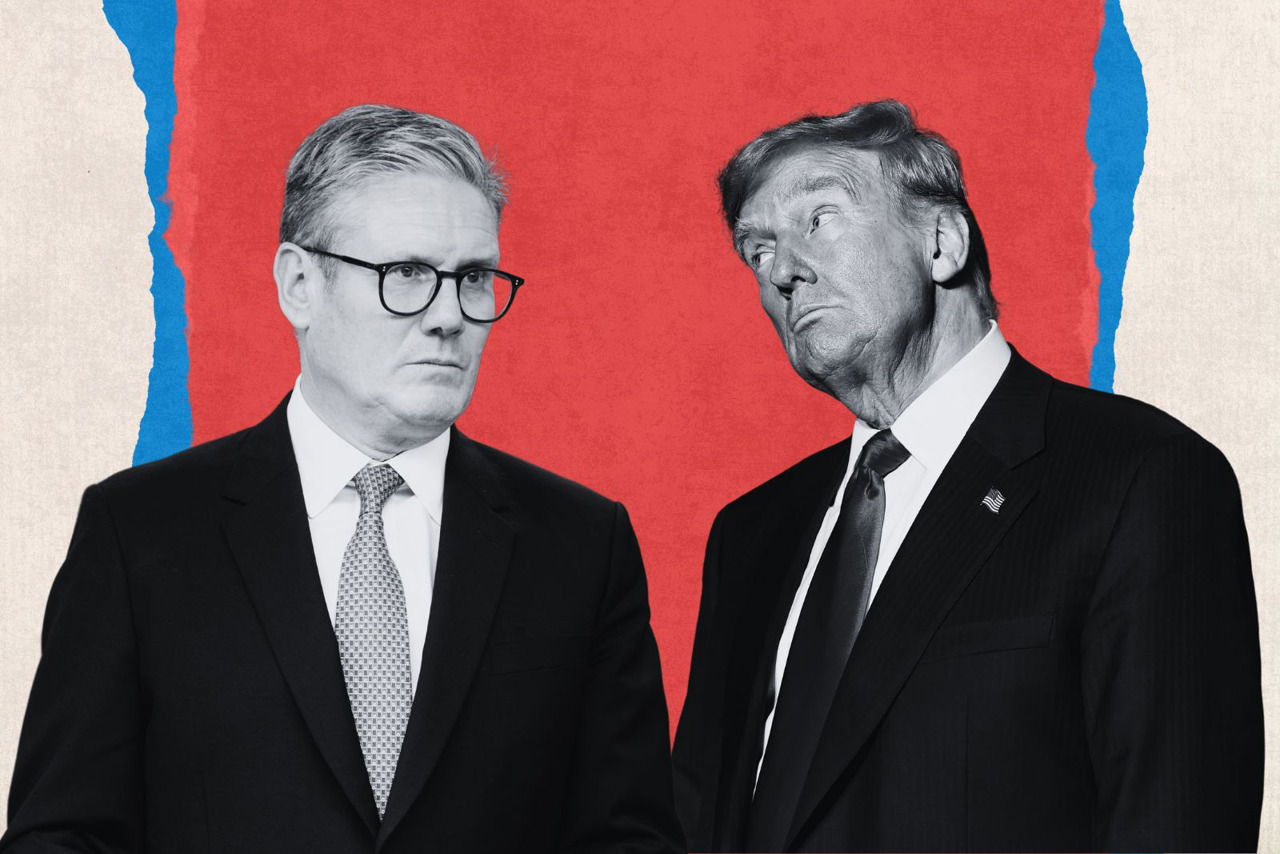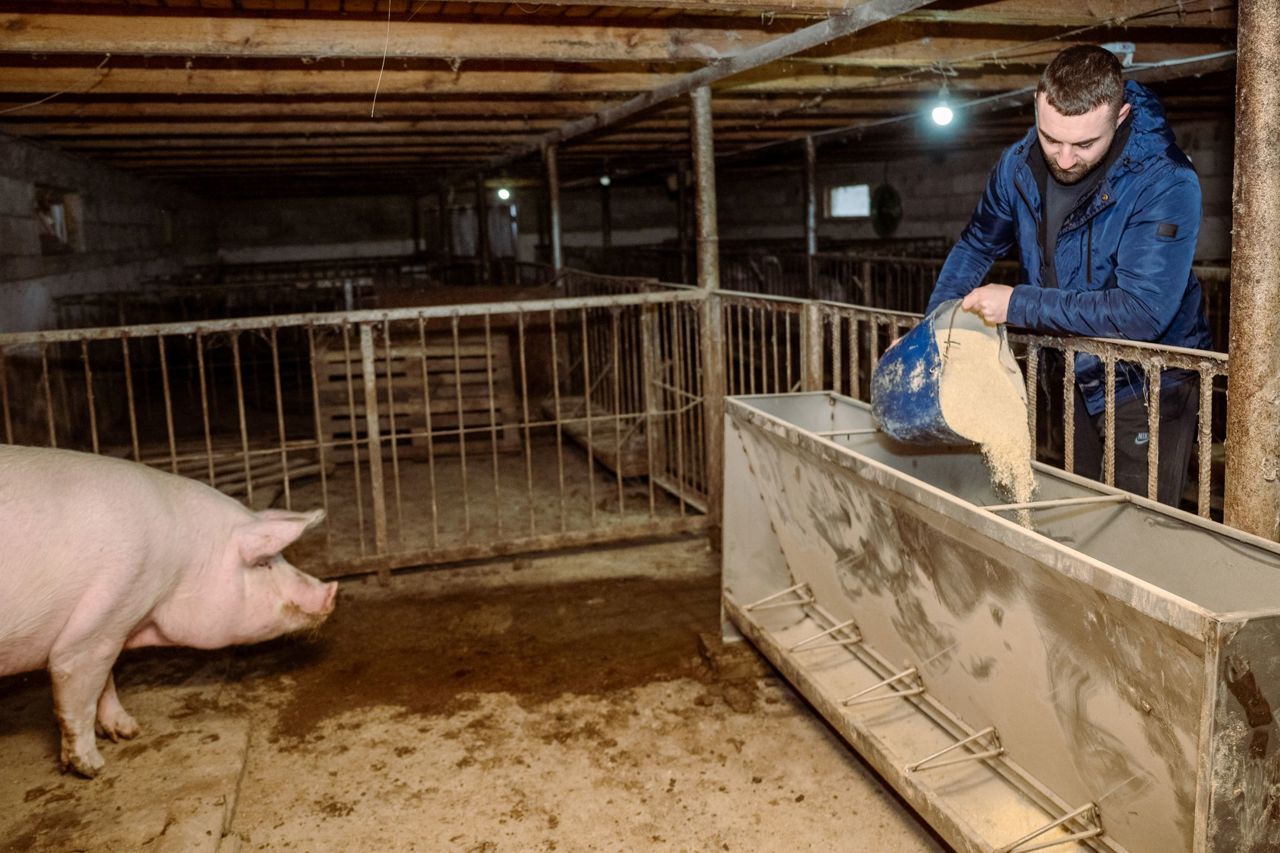The rising cost of an English breakfast in post-Brexit Britain
Over the past weekend, Portugal hosted the 36th edition of the World Cheese Awards (WCA), often referred to as the "Cheese Oscars" or Oscar do Queijo.
A total of 4,700 cheeses from 47 countries competed—though none were from the United Kingdom, as they were stuck in customs.
This marks a blow to the prestige of post-Brexit Britain, which also fears the potential economic impact of Donald Trump's possible return to the U.S. presidency in January. Many Britons now regret leaving the European Union.
Since Britain left the EU, importing and exporting cheese has become significantly more challenging due to increased customs bureaucracy. British cheeses have often been detained, rejected, or misclassified for customs duties. Instead of being shipped directly to customers, British cheese must now take a circuitous route, travelling from Devon to the Netherlands. As a result, it is now easier for cheeses from South Africa or even Japan to reach Europe than for British cheeses, which are still grappling with new tariffs.
Understanding tariffs
Tariffs are a form of tax applied to imports from other countries. Paid by importers, these costs are typically passed on to consumers. The goal is to make imports more expensive than domestic goods, thereby protecting local producers.
Before Brexit, many Britons hoped for strong trade relations with the U.S., underpinned by low tariffs. However, during his recent campaign, Trump threatened tariffs as high as 20% on all EU goods and as much as 60–100% on imports from China and Mexico.
Past experiences under Trump
Four years ago, when Donald Trump was in office, U.K. Trade Secretary Liz Truss was dispatched to Washington carrying a bottle of British gin—a diplomatic gesture meant to underscore what American consumers might miss out on.
At that time, despite still being a member of the EU, Britain faced 25% U.S. tariffs on distilled spirits, as Trump’s administration waged trade wars on multiple fronts. These tariffs targeted goods from both allies and adversaries alike, including cashmere, cars, and single-malt Scotch whisky.
The stakes for Britain
The U.S. remains Britain’s largest trading partner, with an annual exchange of over £300 billion in goods and services. This relationship also includes more than £1 trillion in transatlantic foreign direct investments. Services form the bulk of this partnership, encompassing business consulting, financial services, and travel—accounting for £129.2 billion in exports in the year leading up to June 2023.
Goods make up less than one-third of U.K. exports to the U.S., primarily high-value items such as pharmaceuticals, automobiles, and aircraft.
During Trump’s previous term, tariff threats were used as bargaining chips, though the rhetoric was eventually toned down to secure deals. Nonetheless, Britain felt the impact of tariffs imposed on the EU, which affected its industries as well.
The potential for reconciliation with the EU
In 2019, Trump’s demands of the U.K. were so extreme that even the Conservatives dismissed them outright. Washington sought the removal of "unjustified barriers" to U.S. agricultural products, raising concerns about chlorinated chicken and hormone-treated beef appearing on U.K. supermarket shelves.
However, new Prime Minister Keir Starmer has pledged to "reset" relations with the EU, pushing for a veterinary agreement between the U.K. and EU to eliminate post-Brexit barriers to agri-food trade. This would require closer alignment with EU standards, which are stricter than those of the U.S.
Thus far, Britain has chosen the opposite path, leaving not only the EU’s political institutions but also its single market and customs union. Brexit has significantly reduced British exports and GDP—costs the country can ill afford.
The U.K.-EU Relations Committee argues that both the EU and Britain could benefit from closer cooperation in areas such as defence, climate, higher education, and labour mobility. Ultimately, Britain may seek reentry into the single market and customs union.
An iconic breakfast under threat
For now, even the iconic English breakfast faces challenges. Everyone knows this hearty morning staple: fried eggs, baked beans, bacon, sausages, mushrooms, and perhaps a slice of fried haggis—accompanied by coffee and fruit juice. Between one-third and one-half of its ingredients come from the EU.
True, the beans are imported from the U.S., but the tomato sauce comes from Europe. After all, where would foggy Albion get its tomatoes?
Thus, apart from eggs and flour, almost every ingredient in a traditional English breakfast must pass through customs. If the British reduce their breakfast to just eggs and toast, Brexit’s impact might be less noticeable. However, reputable economists estimate that the cost of a full English breakfast could rise by as much as 13%—a steep increase for a daily ritual.
It’s no wonder that many Britons now find themselves questioning their decision to part ways with Europe.
Author: Dan Alexe
Translation by Iurie Tataru





